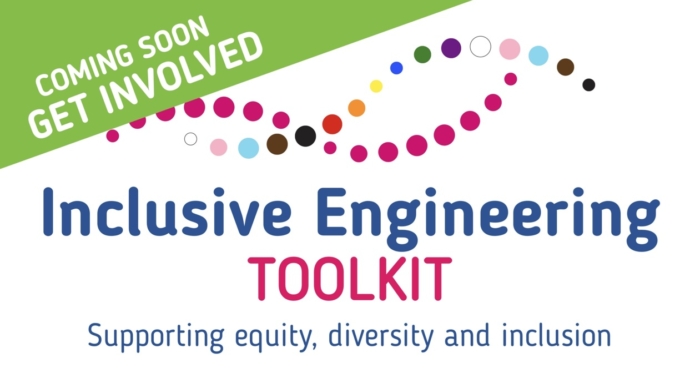It’s our ambition at EngineeringUK to inform and inspire young people and grow the number and diversity of tomorrow’s engineers to meet the needs of the UK now and in the future.
And we’re very clear that achieving this ambition requires the concerted, collective effort of organisations and individuals with a shared interest in ensuring that all young people can make an informed choice about whether to pursue an engineering career.
Our analysis of the annual Engineering Brand Monitor shows that young people who know more about what engineers do are more likely to perceive the profession positively and to consider a career in engineering. Furthermore, young people attending a STEM careers activity in the past 12 months were over 3 times more likely to consider a career in engineering than those who had not.
Yet, even pre-pandemic, only about a quarter of 11- to 19-year-olds surveyed reported having attended such an activity and we know that careers experiences have been limited over the pandemic.
Worryingly, nearly half of young people surveyed said they know little or almost nothing about what engineers do and many of them see engineering as complicated and difficult as well as dirty. Beyond that, while key influencers of young people hold positive views about engineering, fewer than half of STEM secondary school teachers and under a third of parents are confident in giving engineering careers advice.
There is therefore a need to work more effectively to ensure that all young people, and their influencers, have a good understanding of the breadth and value of modern engineering and how to get into it. Outreach has an important role to play in this, but we must ensure that it works for the digitally engaged young people of today, especially those from groups that are under-represented in the engineering workforce.
It’s vital we take an open and experimental approach to developing outreach, testing content and delivery with target audiences, and, ideally, involving them in the planning.
Taking an evidence-based approach to outreach includes identifying key messages that resonate with young people. As an example, our surveys have shown for many years that ‘having an impact’ and ‘being valued’ are important to young people when deciding upon a career, research last summer also found that the pandemic had made job security and availability more important to them.
STEM outreach should therefore convey the wide-ranging societal contributions that engineers make and the certainty of future engineering workforce needs, for example, supported by the government’s investments in infrastructure and for net zero.
With 100s of organisations delivering STEM engagement, we must work together to improve our approach to designing, delivering, and evaluating activities, as well as sharing our learnings and coordinating our work with one other.
That’s why EngineeringUK is proud to have been invited to deliver the Tomorrow’s Engineers Code which gathered 140 signatories (including HEIs) in its first 9 months, all pledging to work together to increase the collective impact of our engineering-inspiration activities and ultimately the number and diversity of young people choosing engineering.
STEM outreach efforts must focus on measuring and increasing the impact of activity as well as its reach. As a community, we must cultivate a greater understanding of how engagement activities can affect positive change through robust research and a shared evidence base.
There are of course difficulties in evaluating the impact of outreach activities targeted at 11–14-year-olds on, for example, graduate entries. As an example, The Big Bang Fair supported by hundreds of organisations and orchestrated by EngineeringUK and which by 2019 welcomed 80,000 visitors, would need up to 10 years to see impacts on graduate entries. Nevertheless, our in-house and independent evaluations have shown that the Fair helps to inspire young people into engineering and provides them with information on how to get there. This evaluation also identifies how we can improve so we can iterate year on year and share our learnings.
STEM outreach works within a much wider eco-system that impacts on a young person’s choices. So, while we know that knowledge of engineering is a limiting factor, it is one of many, including opportunities to progress in key subjects, specialist teachers, confidence and so on. It could be that we make progress in one area – knowledge or appeal of engineering – but that other elements, such as supply of specialist teachers, limit progression.
We’ve developed and published an impact framework to help describe this system, and are using it to help us articulate the changes we are trying to achieve and evaluate against them – and we are sharing it in the hope that it helps other organisations do the same.
It’s fair to say that the engineering community needs to work harder than ever to ensure that engineering is accessible to this generation of young people – for their own life chances and so that we have a diverse and insightful workforce that we need to innovate, improve societal and economic resilience and environmental sustainability.
While STEM outreach is only one part of the system that will deliver this, I am convinced that the renewed community emphasis on working together to deliver impact alongside reach will achieve the results we seek.



